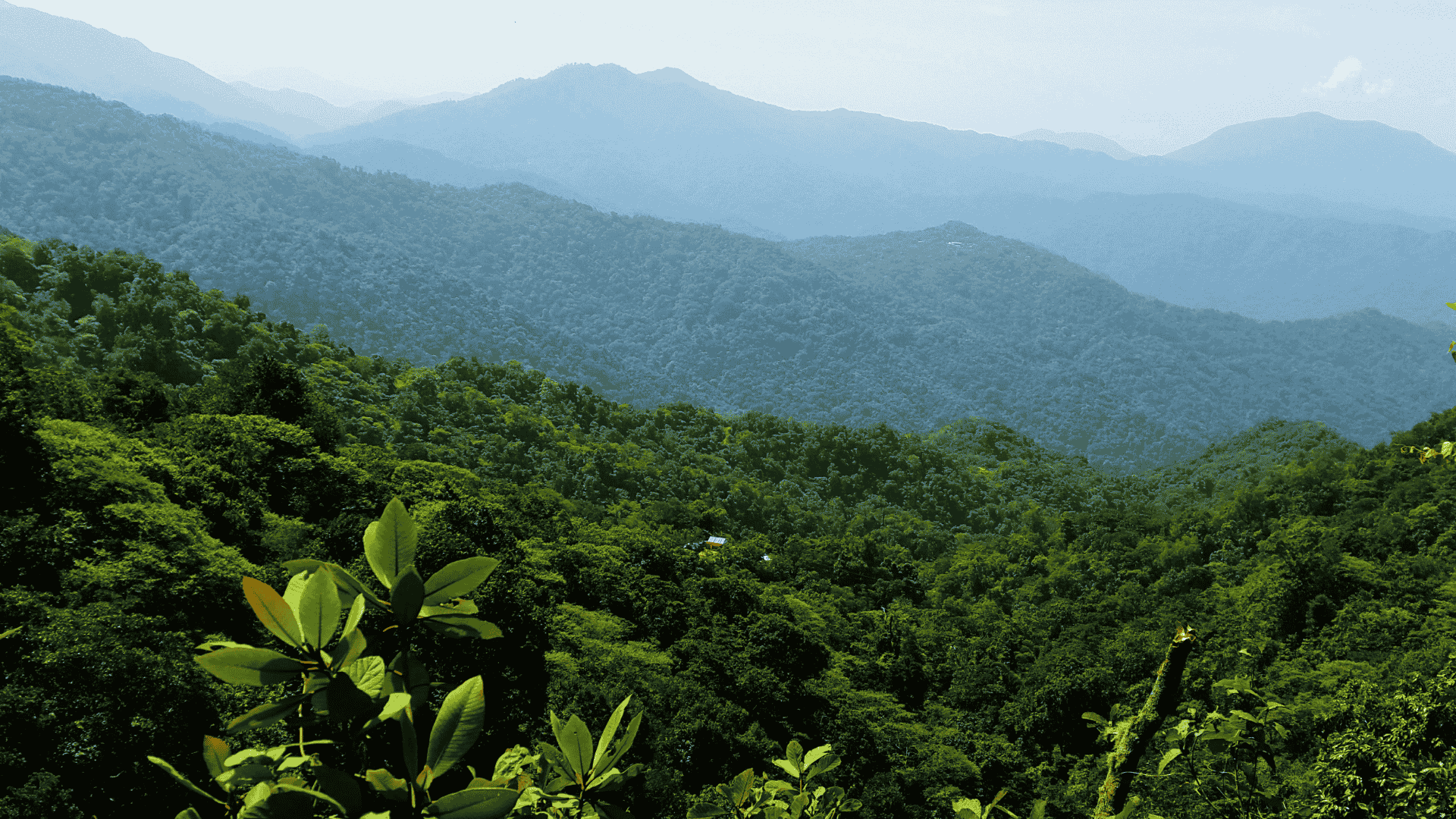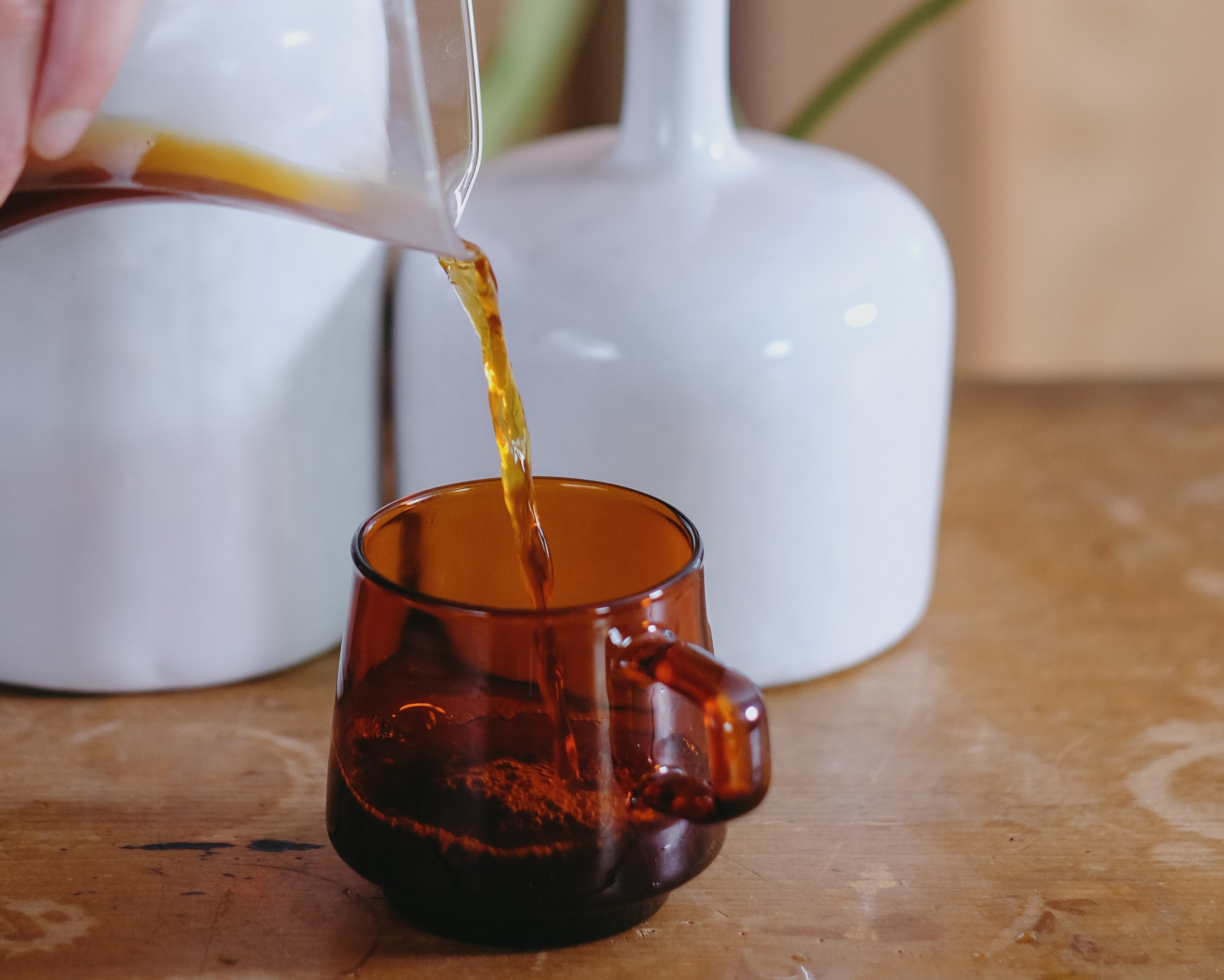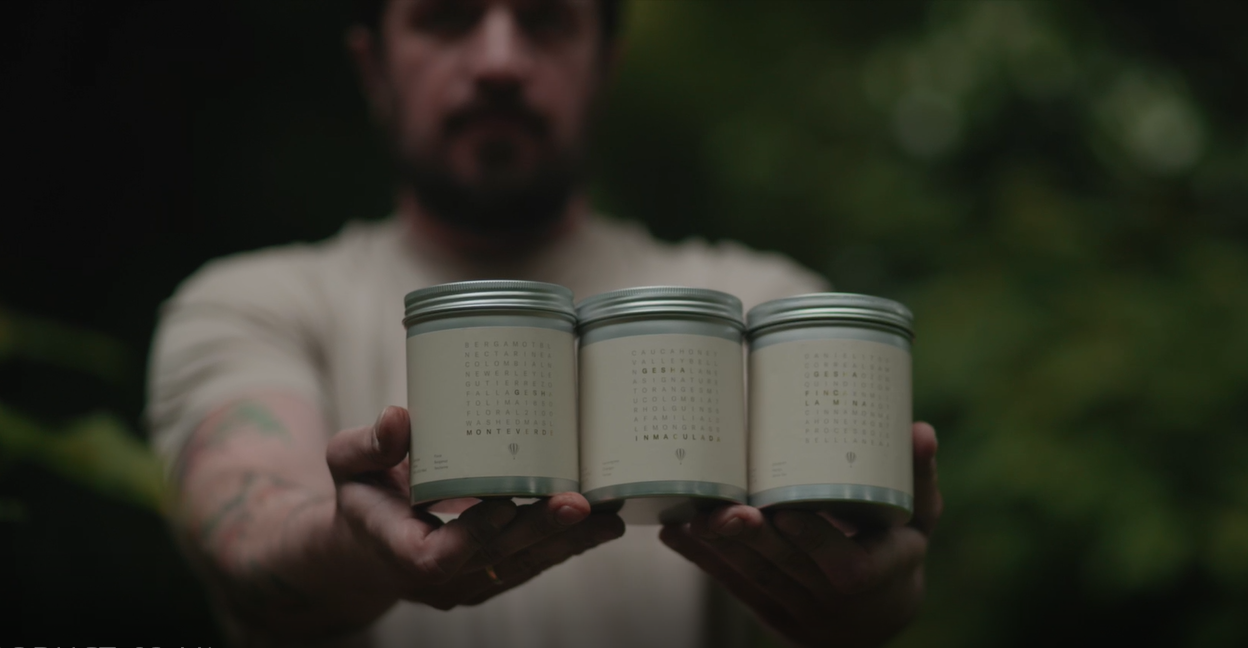
what’s so special about specialty coffee?
If you’ve heard the term specialty coffee before, but aren't exactly sure what it means, you’re in the right place.
Here we'll take a look at specialty coffee's origins, what defines it, and what really makes it.
the origin of specialty coffee
The term specialty coffee was first coined by Erna Knutsen in 1974 during an interview with Tea & Coffee Trade Journal.
A pioneer in the coffee industry, Erna was a champion of small roasters and high-quality coffee at a time when large corporations dominated the market.
She faced significant challenges in a male-dominated industry yet laid the foundations for what we understand specialty coffee to be today, which is coffee that is produced with care and excellence from seed to cup.
Her lifelong work and dedication to coffee earned Erna the unofficial title, 'the Godmother of Specialty Coffee'.

erna knutsen, the 'godmother of specialty coffee'
defining specialty coffee
At its core, specialty coffee is coffee that is scored 80 points or higher out of 100 by certified coffee tasters (Q Graders).
However, the definition from the Specialty Coffee Association provides a more holistic view. They define specialty coffee as, "a coffee or coffee experience that is recognised for its distinctive attributes, resulting in a higher value within the marketplace."
This reflects Head Roaster Niko Sunko's belief that specialty coffee is about more than a score. It's about the people who grow it and the processes that make it.
Unlike commodity coffee (grown and traded in bulk with a focus on yield), specialty coffee is grown with care, generally harvested by hand, and processed with precision using techniques sometimes passed down for generations.

coffee growing at altitude in mexico's union san pedro
5 things that make it special
1. it starts on the farm
Specialty coffee begins with high-quality Arabica beans, grown at higher altitudes in ideal climates. Farmers focus on sustainable practices, soil health, and selective picking, choosing only the ripest cherries.
2. it’s processed with precision
Once picked, the beans are carefully processed (washed, natural, or honey process) to bring out their natural sweetness and complexity. This step affects the final flavour just as much as the roast.
3. it’s traceable
Most specialty coffee can tell you where it came from. Not just the country, but the region, the farm, even the lot. This transparency supports ethical sourcing and better relationships between roasters and producers.
4. it’s roasted for flavour
Specialty coffee is lightly roasted in small batches to let the origin's characteristics shine through. This differs from a dark roast which can be used to mask flavours.
5. it’s brewed with care
Whether you’re using a French press or a pour-over, brewing specialty coffee is about paying attention to variables. Your grind size, water temperature, and brewing time unlock the full flavour.

coffee cherries drying on beds at enrique lopez's farm in mexico
what does specialty coffee taste like?
It depends. An Ethiopian coffee might taste like blueberries and tropical fruits. A Colombian might taste like peach and plum. Specialty coffee varies wildly.
Part of the fun is discovering flavours you didn’t even know coffee could have. And even ordering from the same producer year after year and noticing the nuances between each harvest, similar to wine tasting .
where do I start?
You're in the right place. Bell Lane Coffee is a specialty coffee roaster and you can use our intuitive label design to find a coffee that's right for you at a glance.
Whether it's espresso, filter, or coffee subscriptions, we've got you covered for specialty coffee.



